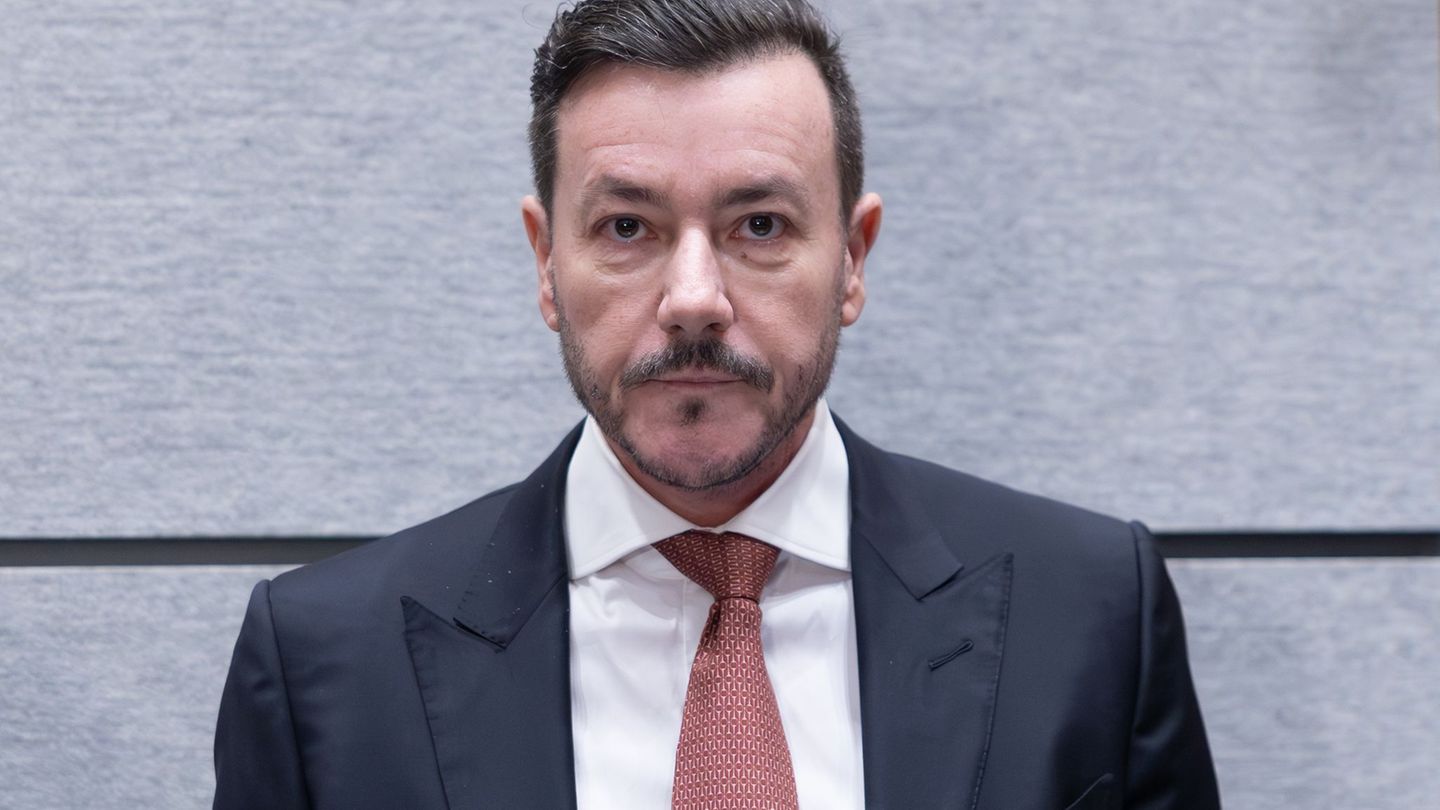The president of Colombia, Gustavo Petro, insisted today on putting Latin American integration into practice, advocated achieving it through clean energy, such as the connection of electrical networks, and stated that it could materialize in scenarios such as those of Unasur or the celac.
“The potential of the current technologies discovered gives us the power of clean energy, the great potential that we have in many countries in the region is solar energy, water and wind,” said the Colombian president in an interview with La Pizarra, Broadcast on Radio 10.
Petro, who last year became the first leftist president in the history of Colombia, said that there is a scenario that allows us to think about the integration of Latin America through its clean energy.
“Today we cannot think of a world based on the fossil economy, that anchors us to the past, to an old progressivism that no longer exists and that could perfectly leave us in a great failure in one or two decades, because human survival implies leaving the accumulation of fossil capital”, he considered.
For Petro, “the potential for this demand is in the north, more specifically in the United States,” which “needs to decarbonize.” For this reason, he pointed out that “the North Americans could subsidize this clean energy at a very high cost, which today they could call a dependency towards the south.”
The Colombian head of state had already talked about undertaking this type of joint project in the region during his speech at the summit of the Community of Latin American and Caribbean States (Celac) held in January in Buenos Aires.
There, he mentioned a clean energy network “from southern Patagonia to Alaska.”
“If we come together, it could put so much power into that electrical grid that we would not only be surplus in clean energy generation for our own societies, but we could be an engine to help progressive forces in the United States and Canada to change its own matrix of electrical energy”, he considered then.
In today’s radio interview, the Colombian president insisted that Latin American integration seems “more rhetorical than real,” a concept that he repeated at the Ibero-American Summit in Santo Domingo a couple of weeks ago.
And he considered that the discussion on how to carry out these integration projects should take place in a scenario such as Unasur or Celac. “Because if we don’t, we would be speaking in the language of the new world power,” he added.
Petro’s statements come a day after Brazil finalized its return to Unasur, from which it had left during the government of Jair Bolsonaro, which in turn followed an initiative taken a day earlier by Argentina.
“We return together to Unasur to resolutely strengthen regional unity and adapt it to the new challenges of social and economic development,” President Alberto Fernández said yesterday on Twitter.
Referring to the situation in Argentina, he considered that in the “Peronism that governs today there is a real yearning for transformation”, and pointed out that “Argentine society does not resist authoritarian, dictatorial and fascist attempts”, but the future “has to be better designed”.
“I have seen President Fernández talking about Celac, seriously considering the issue of integration, I have seen him with the issue of clean energy, and thinking about Argentina from the perspective of the climate crisis. This is a task for Peronism. An Argentina full of water and with the capacity to generate clean energy among the most in the world, competing with us. There you can build a more transformative project than there is,” he said.
On the other hand, Petro referred to the difficulties of achieving “total peace” in Colombia, one of his government objectives.
“Peace in Colombia consists of how we get out of the illegal economies. This is more complex than before, because it is not the same to talk to political guerrilla organizations than to talk to an illegal economy organization to see how they are dismantled,” he said, in reference to the conversations he is holding with the main armed groups in the country so that they abandon criminal activities and submit to justice.
Source: Ambito




